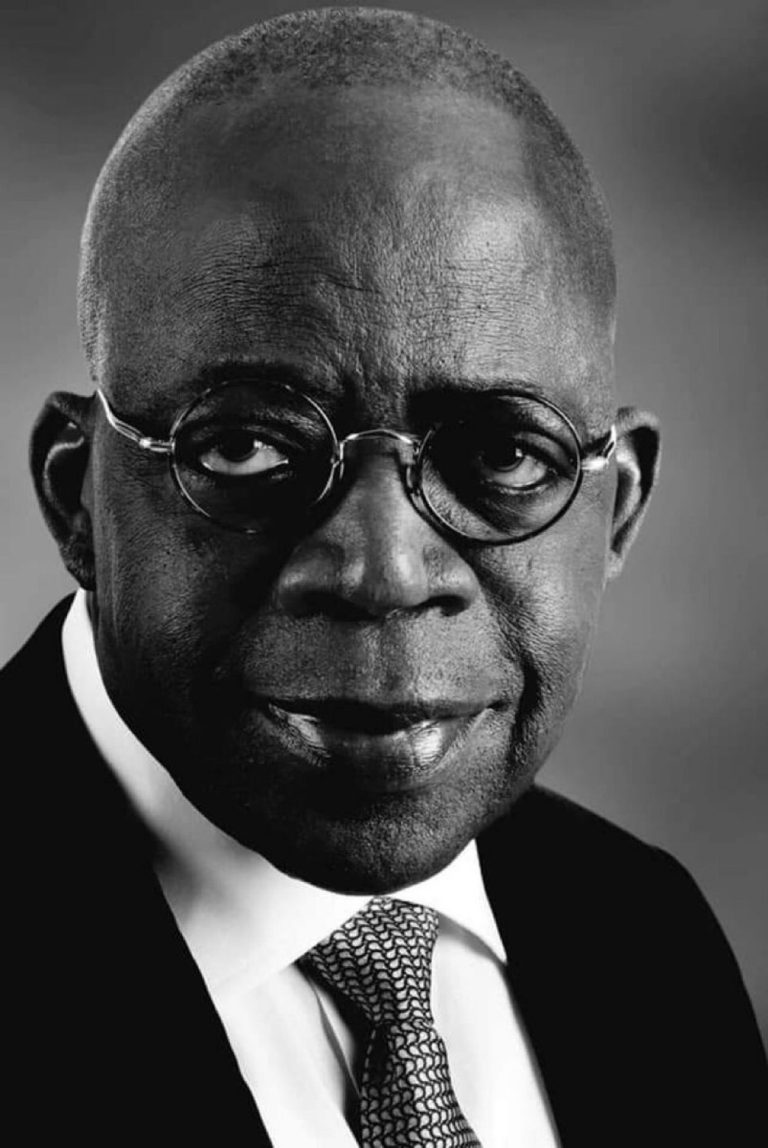The recent removal of fuel subsidy in Nigeria has indeed caused significant hardships for many citizens, leading to spiraling prices and food inflation. This abrupt change in policy has amplified the economic strain on the populace. However, we must be aware that there are still humongous subsidies on education, electricity, health, and other critical services. It is therefore not surprising that things like prices going over the roof and unplanned hardships on the generality of Nigerians are bound to happen. That’s if we really want to be unbiased and not criticize the Tinubu government unjustly without recourse to economic logic and data.
Subsidy is a culture we’ve been used to all our lives. Many of us have a full understanding of the social Marxism which gives an analogy of a child being spoon-fed all his life and then abruptly having his support system removed. This, I believe, aptly illustrates the shock and difficulty many Nigerians are experiencing in adjusting to this sudden change.
Furthermore, Nigeria is not operating in isolation; she’s subject to global inflationary pressures, exacerbating the situation. Job losses, widespread hunger, and rising prices of goods and services are not unique to Nigeria but are part of a global phenomenon. If there is (are) any, It’s crucial for analysts and emergency economists to provide comparative data on countries currently experiencing downward trends in prices to gain a holistic understanding of the current economic landscape. Our global leaders, the UK and Japan, have officially announced entering economic recessions. These are countries we always call SANER CLIMES; they, also, like us, aren’t immune to economic shocks.
While it’s important to hold the Renewed Hope government of President Tinubu accountable and acknowledge areas where improvements could have been made, it’s also essential to exercise patience and resilience during times of transition. Major policy changes inevitably have both positive and negative impacts, but the long-term benefits are often the ultimate goal.
Nigerians will acknowledge, to the extent to which they want to be fair, unbiased, and rational, that the President, indeed, communicated his intentions to remove subsidy on PMS and unify exchange rates during the campaigns; it’s a reminder of the collective responsibility of citizens to critically evaluate policies and hold elected officials accountable while also recognizing the complexities of governance and the challenges of implementation. While not sparing the government’s blushes, we do need to be patient and hang in there. Every major policy must have impacts either positively or otherwise, on the people but in the long term, it will be beneficial to all.
He said it during the campaign; we know this yet gave him our votes and support.
Let’s hang in there! We will triumph!
X App: @JayItsJam

